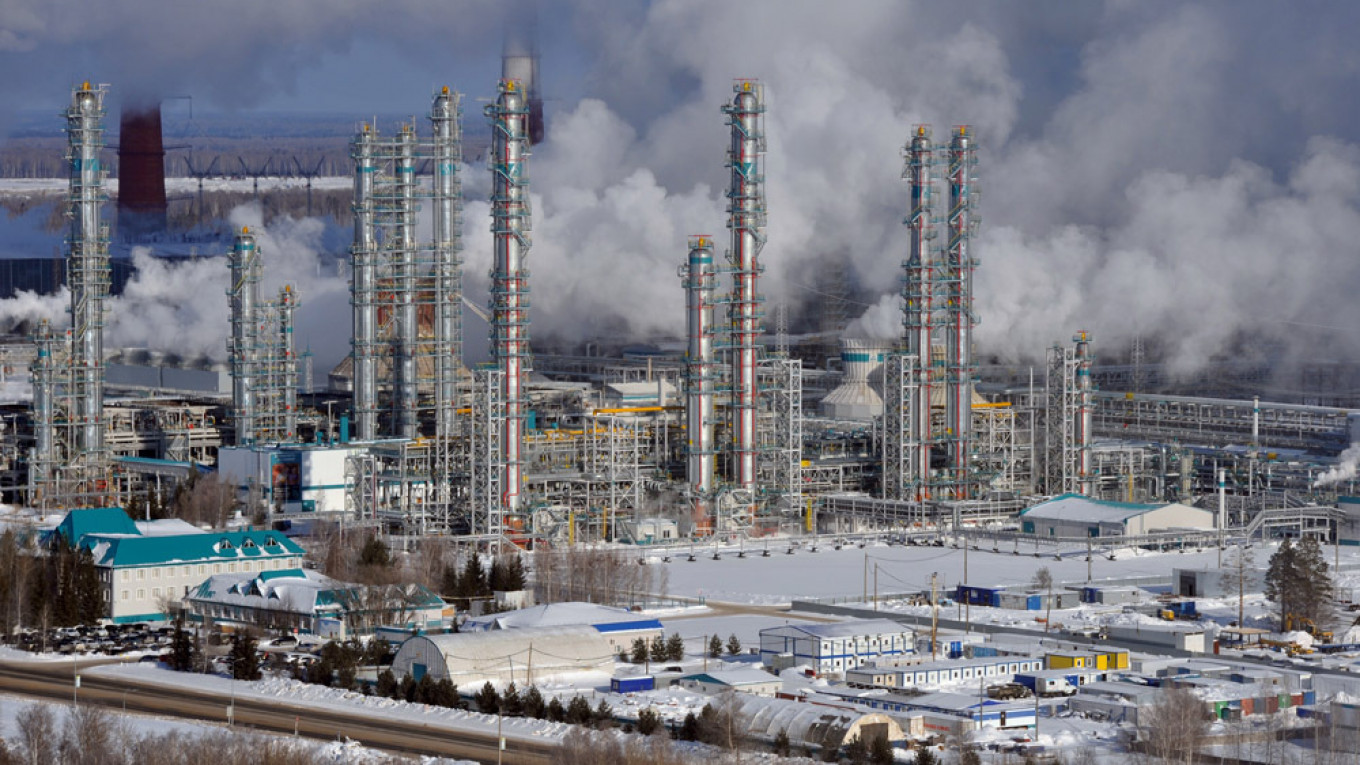Russian petrochemical giant Sibur has produced its first polyethylene from its own feedstock at its new facility at Tobolsk in Siberia.
“In the course of commissioning and starting-up ZapSibNefteKhim, we have reached yet another major milestone — the first ethylene batch produced in-house and used as feedstock for the first polyethylene granules,” Sibur said in a press release.
“The commissioning and start-up is well underway to bring the new petrochemical facility on stream. Following polyethylene production by the first polymerisation unit, our staff will need to set up the other three units to make this polymer, and fine-tune processes at all stages of the facility’s production chain.”
After ramping-up to its full capacity, the petrochemical facility will manufacture 1.5 million tonnes of polyethylene per year. It will be Russia’s largest polymer production facility.
“In spring, ZapSibNefteKhim produced a test batch of polyethylene from imported feedstock, while today the process is running smoothly using our own feedstock,” the company said.
ZapSibNefteKhim accommodates a total of four polymerisation units to produce various grades of high-density polyethylene (HDPE) and linear low-density polyethylene (LLDPE) with an aggregate capacity of 190 tonnes per hour.
Polyethylene from Tobolsk will be used in pressure pipes, car parts, blow-moulded containers such as vials, canisters, barrels, cosmetics jars and yoghurt pots, films for food and industrial packaging, and cable products.
General director of the plant Igor Klimov said: "The first polyethylene batch from our own feedstock is one of the key stages of launching the entire ZapSibNefteKhim petrochemical facility. We hit this milestone thanks to the concerted efforts of our staff involved in commissioning and start-up, and those in the facility’s operations unit. Now, we are working to align processes across all production units and tweak the equipment.”
A Message from The Moscow Times:
Dear readers,
We are facing unprecedented challenges. Russia's Prosecutor General's Office has designated The Moscow Times as an "undesirable" organization, criminalizing our work and putting our staff at risk of prosecution. This follows our earlier unjust labeling as a "foreign agent."
These actions are direct attempts to silence independent journalism in Russia. The authorities claim our work "discredits the decisions of the Russian leadership." We see things differently: we strive to provide accurate, unbiased reporting on Russia.
We, the journalists of The Moscow Times, refuse to be silenced. But to continue our work, we need your help.
Your support, no matter how small, makes a world of difference. If you can, please support us monthly starting from just $2. It's quick to set up, and every contribution makes a significant impact.
By supporting The Moscow Times, you're defending open, independent journalism in the face of repression. Thank you for standing with us.
Remind me later.






